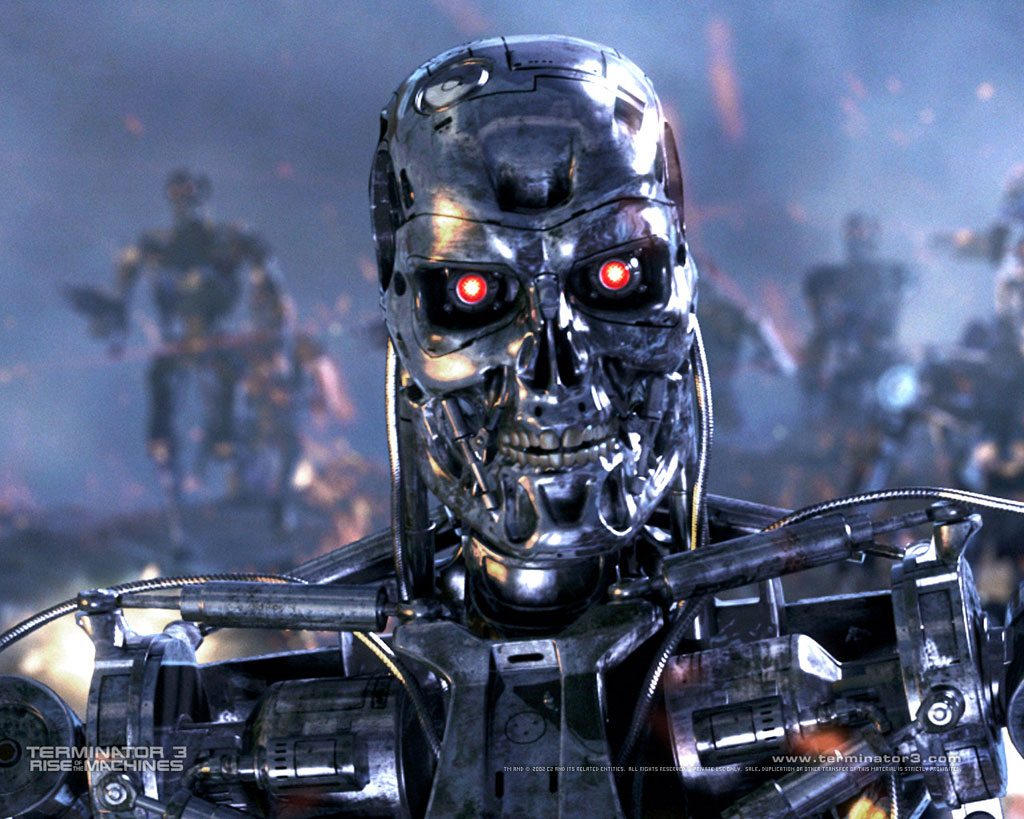Bryan said:
virtuality said:
Computers are as conscious as we make them to be. I'm against the whole notion of machines having intelligence, conscientiousness, etc. That aint gonna happen. Computers perform tasks they are programmed to do, there is a huge difference between performing tasks and being intelligent.
That sounds really naive, like the things we said back in the 1950's when I was just a kid: "Computers can only do what they're programmed to do." More recently, like maybe 30 or 40 years ago, I remember a Soviet chess expert (might have been Karpov, although I don't remember for sure) making a really funny statement similar to this: "A computer that plays chess will
never defeat me, because a human will have had to have programmed it to play chess, and I am (at least currently) the World Chess Champion."
I busted a gut laughing at that remark, because it showed how little Karpov knew about how computers do their work. As we all know by now, a computer
has defeated a World Champion, and did it while that person was still World Champion. It did it by searching faster and deeper than the human was able to do. In other words, the effectiveness with which a computer is programmed to do something is obviously an important factor, but it's not the ONLY factor. Raw processing power is important, too, especially in chess.
So while this issue of attaining "consciousness" and being "intelligent" by a computer is obviously something I don't think I'm going to be able to convince you of in an Internet forum discussion, at the very least I hope you've learned to be smarter about certain specific issues (like the capability of attaining certain specific goals on a computer) than Karpov was!

Ah, the famous Deep Blue vs Kasparov. You are right about the naivety of the chess player, If only he was aware of Moore's law.
The Deep Blue is a typical example of a computer programmed to carry out a specific task. Besides, the computer has an advantage in chess because they are able to calculate gazillions of moves per second and come up with the optimum strategy, ie that's the task this particular computer executes. Nothing less, nothing more.
I've read an article on the subject that said the Deep Blue had a whole team of chess consultants analyzing the games, and changing the strategy of the program as the match progressed. That was back in the 1990s. Today even a simple PC could calculate the optimum gaming strategy and beat any chess grand master.
When it comes to computer intelligence, there is AI, neural networks, etc... In neural networks the program is supposed to learn, just like a human learns. But there is a paradox in there, any computer program is still written by a human, so it's abilities are somewhat predictable and limited by the human thought. That's why I don't think computers will outsmart humans. They can and will perform certain tasks much better than us, but that's not conciseness.
You want an example of how the human brain is 50 years ahead of any computer? Take image processing as an example. We are somewhat programmed to recognize patterns, we learn to do so from a very early age. When we see a shape we know straight away what it is, we don't even think about it, it's a second nature to us. Computers are worse than babies when it comes to image processing. Google's goggles is the only program that comes close, but even that particular program scan a huge database of images to come up with the closest matching shape.
Speech processing is much simpler than image processing, and the computer's can't even do that properly yet. Even when the computers successfully translate speech into text, they use a huge database of possible matches.
PS: Didn't Kasparov run for presidency in Russia or another former Soviet republic? Someone even flew a penis shaped helicopter in one of his press conferences


